Foster students' awareness of the most vulnerable participants in society and the importance of social justice, using curated multimedia resources. Includes discussion guide.
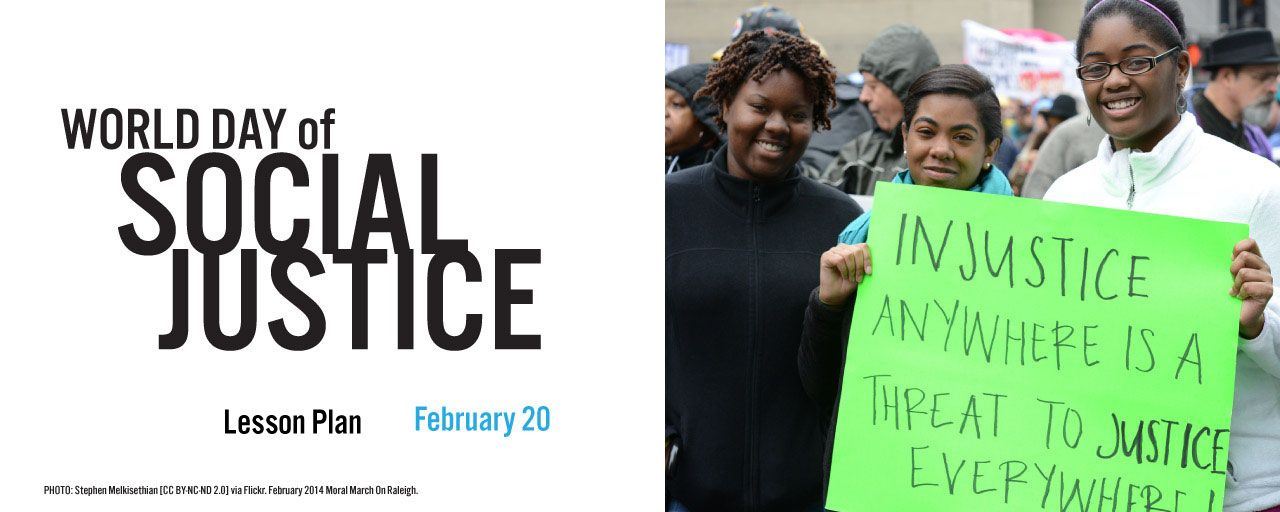
Social Justice Multimedia Resources for Upper Elementary Students
Social Justice Multimedia Resources for High School and Middle School
Students Watch the Following Four Films
(approximate run time 31 minutes)
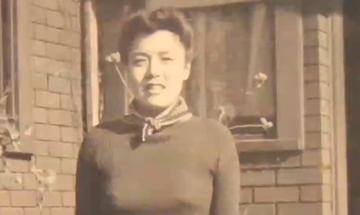
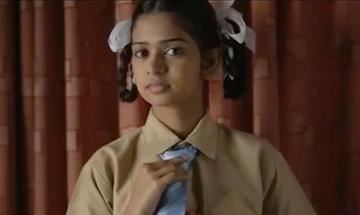
By boldly illustrating young women disguising themselves as young men, this PSA calls attention to the grave issue of women's safety and equal opportunity in India.
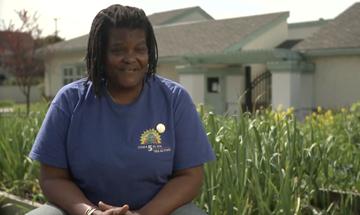
Food activist Joy Moore teaches gardening and nutrition to high schoolers at Berkeley Technology Academy.
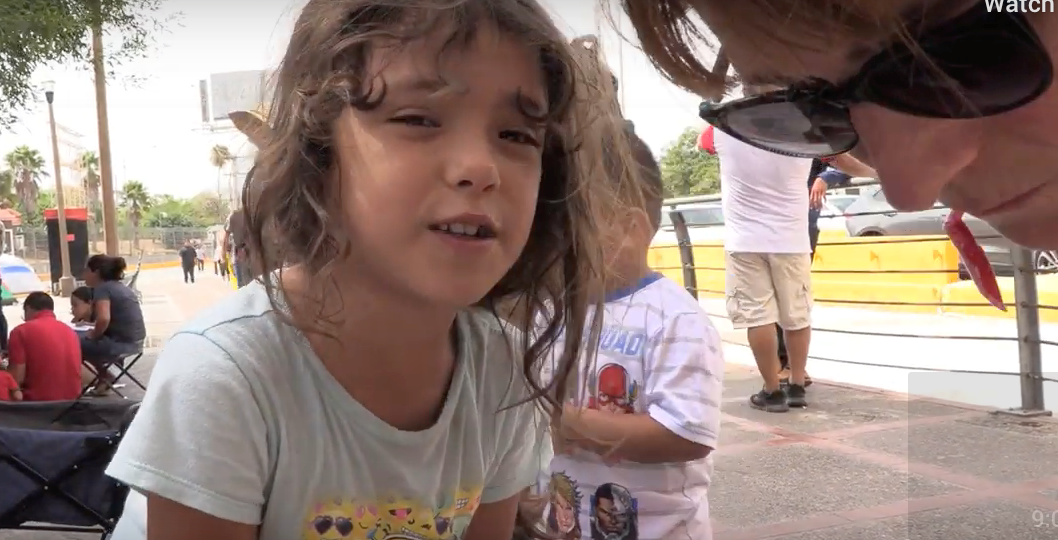
On August 24, 2019, a group of volunteer lawyers from Lawyers For Good Government walked across the border at Matamoros, Mexico, to help asylum seekers.
1. In each of these four films, how does the plight of the featured individual illustrate the ongoing struggle for equal access and personal safety in various areas around the world?
2. Why do women and children often become victims and are repeatedly denied their rights and access to social justice?
3. What can you do to advance social justice in your community or globally?
Access to Education for All
In some rural Indian villages, when boys completed grade seven, their family would buy them a bicycle to ensure they received a good education. With a bicycle, the commute to the high school would only be fifteen minutes. However, when girls completed grade seven they would not receive bicycles and would have to walk an hour each way to school. Learn how having a bicycle allows girls to continue their education in rural India.
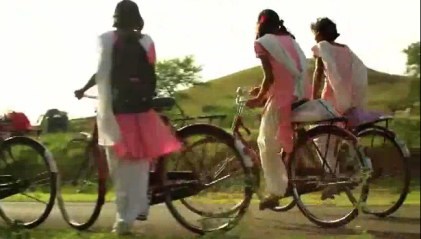
Armene Modi provides bicycles to girls in rural Indian villages so they can continue their education.
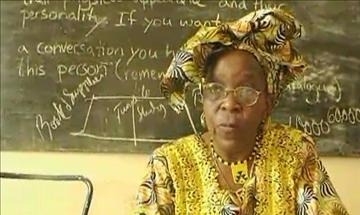
Mrs. Viola Vaughn runs "10,000 Girls," a project in Senegal, Africa, which aims to help girls in education and vocational training.
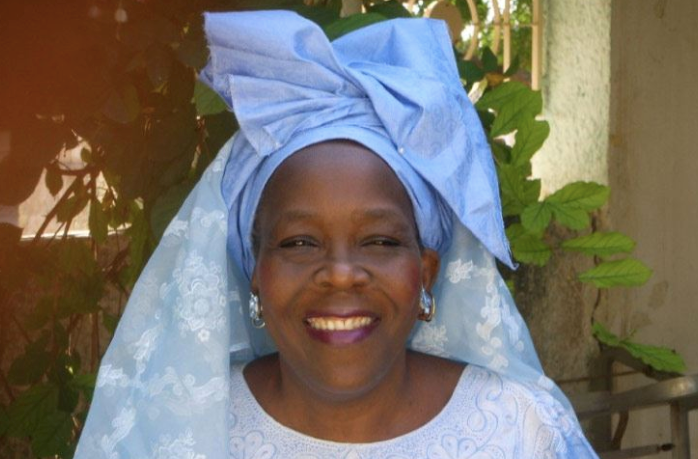
Viola Vaughn founded an organization that supports girls working to achieve academic success in Africa.
Viola Vaughn developed a non-profit organization, "10,000 Girls," providing education and training for young women of Senegal, Africa. She has devoted her life to helping others achieve, empowering young girls to make a difference. The goal of 10,000 Girls is to provide both education and business training to girls throughout Africa.
India has the highest number of girls out of school and the highest number of child brides than anywhere on the planet. In many rural villages in India, a critical gender gap exists. Educate Girls has created an army working towards equal access to education for girls.
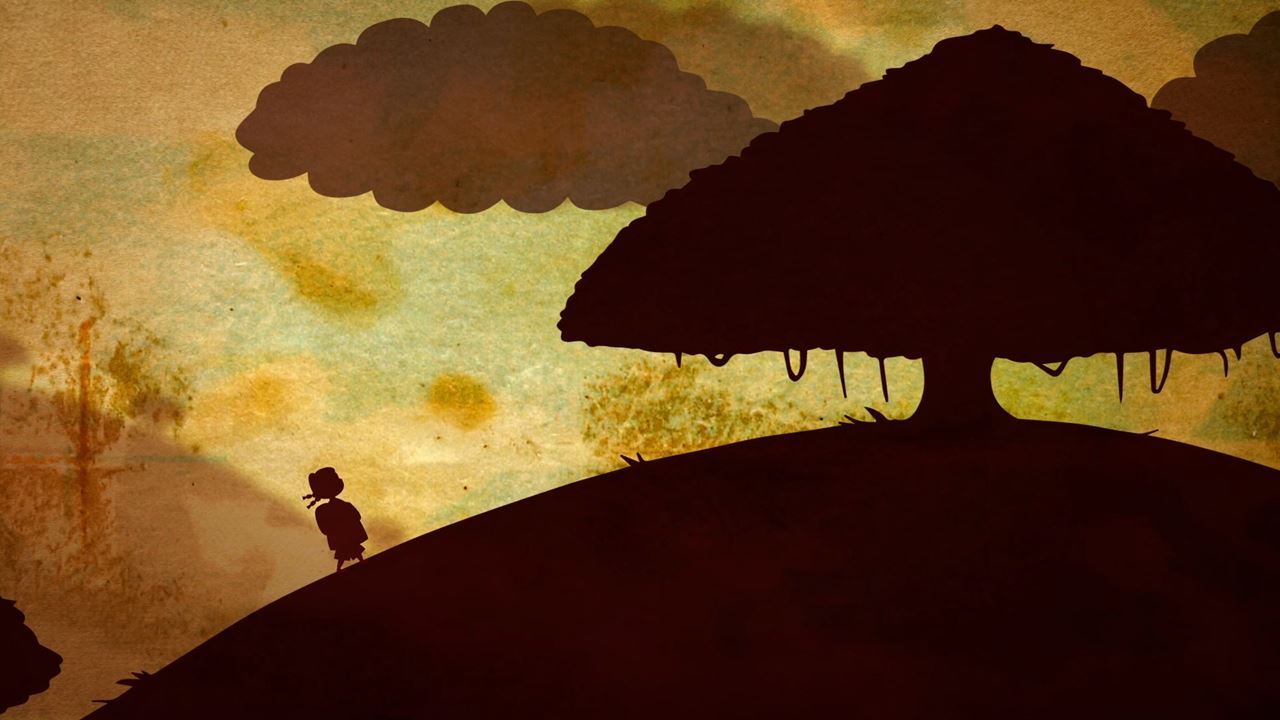
In India, Educate Girls works to make education accessible to girls, mobilizing communities to help girls achieve their full potential.
1. Research the challenges girls in countries such as Senegal and India encounter when seeking access to education, and how their lives change if they have the opportunity to go to school?
2. How have the groups featured in these films addressed the challenges to education girls face?
3. Do you know of any other people or organizations working to address issues that may be preventing girls from receiving an education? Who are they? Share their story with MY HERO.
Learning Outcomes
Students will develop critical thinking skills as they discuss the barriers girls around the world face regarding education. They will evaluate obstacles that impact the girls' ability to go to school. Students are encouraged to create an action plan.
Use the multimedia resource showcase link to learn more about John Lewis who dedicated his life to advancing human rights and civil liberties.
Use the multimedia showcase link below to learn more about Nelson Mandela, South African anti-apartheid revolutionary and human rights activist who served as President of South Africa from 1994 to 1999.
Middle and Upper Elementary Students Learn About Youth Activists Around the World and Consider the Discussion Questions and Activities
Students read the story and analyze the art about Iqbal Masih, a child from Pakistan who was sold into slavery by his father when he was 4 and escaped slavery at the age of 10. He began speaking internationally and was awarded the Reebok Human Rights Youth Award when he was 12 years old.
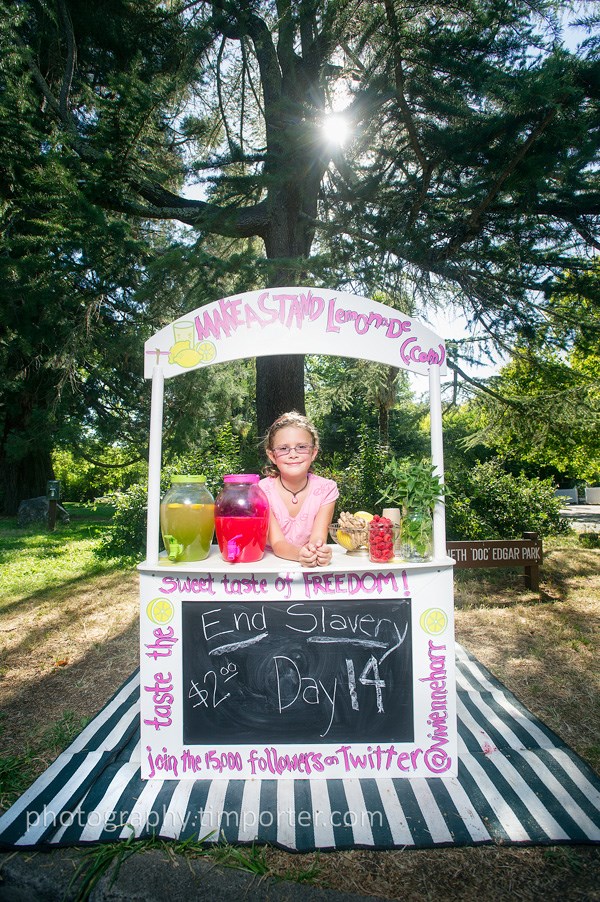
Vivienne Harr founded Make a Stand Lemon-aid to raise fund for organizations that fight child slavery.
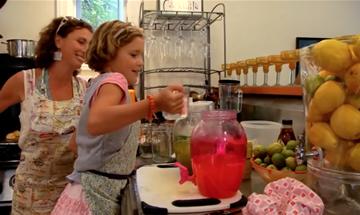
Young Vivienne Harr was deeply affected by the story of children suffering from human trafficking. So she founded Make a Stand Lemon-aid to raise fund for organizations that fight child slavery.
Students watch the following film and read the story to learn about Vivienne Harr who, at the age of 8, founded Make a Stand Lemon-Aid to raise funds for organizations that fight child slavery.
Students read the story about Samantha Smith, a grade school student and peace activist. Then analyze the portrait by Robert Shetterly, noticing the text used in the portrait.
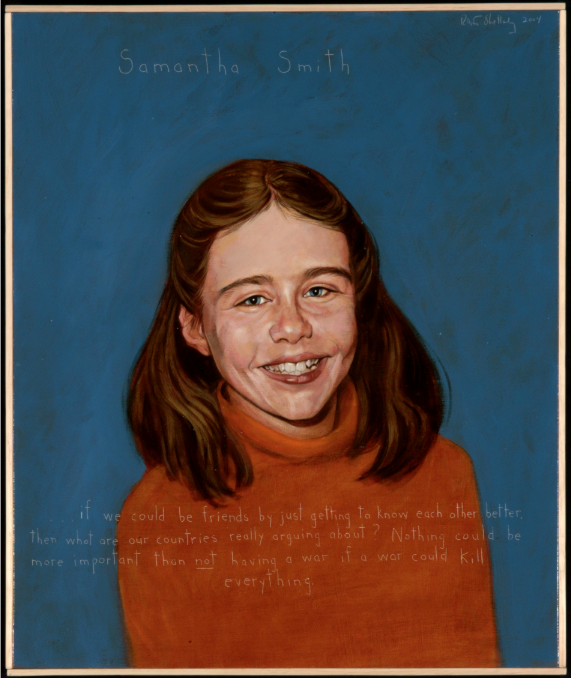
Samantha Reed Smith (June 29, 1972 – August 25, 1985) was an American girl who became known as "America's Youngest Ambassador" in the United States and the "Goodwill Ambassador" in the Soviet Union during her short lifetime.
She wrote : "If we could be friends by just getting to know each other better, then what are our countries really arguing about? Nothing could be more important than not having a war if a war could kill everything."
Grade school student and peace activist, (1972 - 1985) Samantha was just 10 years old when she wrote the premier of the Soviet Union to ask him about his intentions for waging war. Yuri Andropov invited her to visit the Soviet Union and the success of her trip launched a 3 year odyssey of traveling the world, advocating for peace. Tragically, she and her father were killed in a plane wreck while returning home after one of their numerous peace missions.
The following stories about Hannah are appropriate for younger elementary students.
At the age of 5, Hannah saw a homeless man eating out of a garbage can. She had never seen a homeless person, let along anyone go to those lengths to feed themselves. Within a year, Hannah created the Ladybug Foundation to raise money to help end homelessness. Hannah selected the ladybug as her foundation’s mascot because ladybugs are considered good luck. She wanted this luck to transcend into her mission to help the homeless, whom she felt needed better luck.
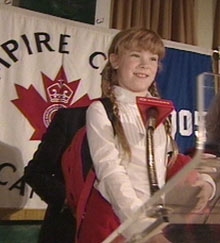
When Hannah was 6 years old, she created the Ladybug Foundation to help end homelessness.
Great for ESL/EFF Students: the Following Stories are Available in Text and Audio so Students Can Listen & Read Along
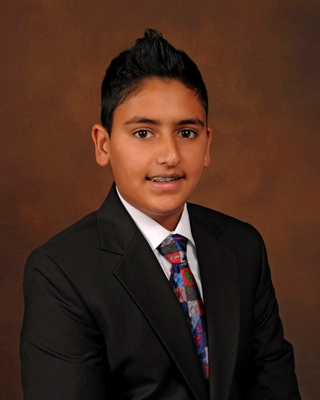
Bilaal Rajan is the founder of Making Change Now and Canada's child ambassador to UNICEF.
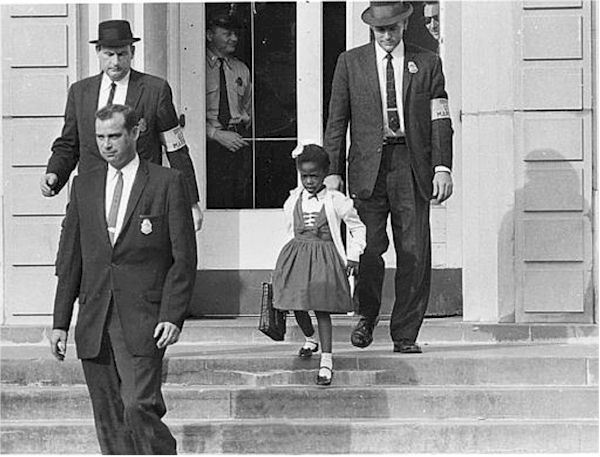
One of the most important heroes in the fight against segregation in America was a six-year-old girl, Ruby Nell Bridges.
1. Each of the young people featured have made a positive difference. How are these heroes alike? How are they different?
2. How are these activists examples of how one person can make a difference regardless of his or her age? What issues did you feel a connection to and why?
3. Who are young activists in your own community making a difference? Share their story with MY HERO.
4. What are important issues facing your community or the world that you feel passionate about? What can you do? Create an action plan, get others involved and share your story with MY HERO.
|
|
The World Day of Social Justice lesson plan was curated by MY HERO Education Outreach Director Laura Nietzer. |
Additional Social Justice Films featuring those working for the benefit of others.
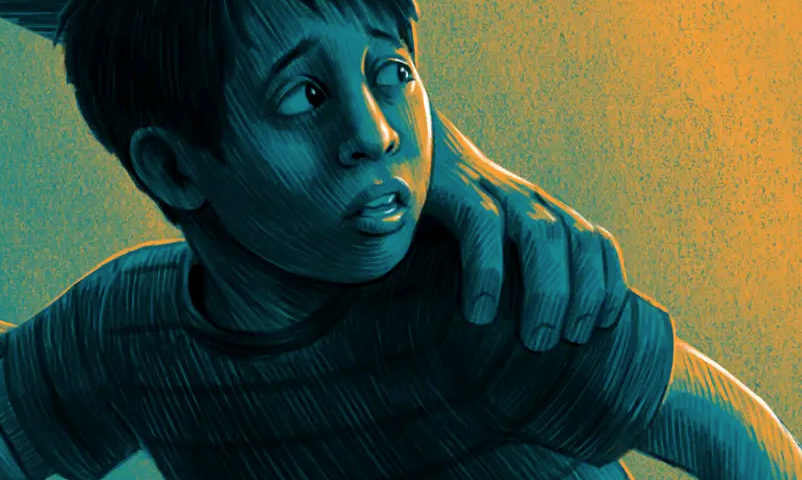
More than 2,600 kids were separated from their parents at the U.S.-Mexico border under President Donald. What happened to those children?
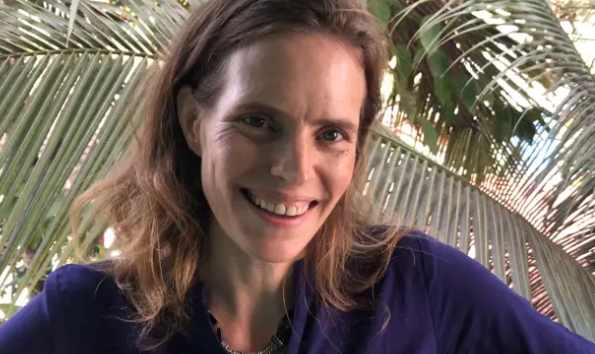
Jessica is the founder of Video Volunteers (VV), a human rights media organization's impact on people from India's most marginalized communities.
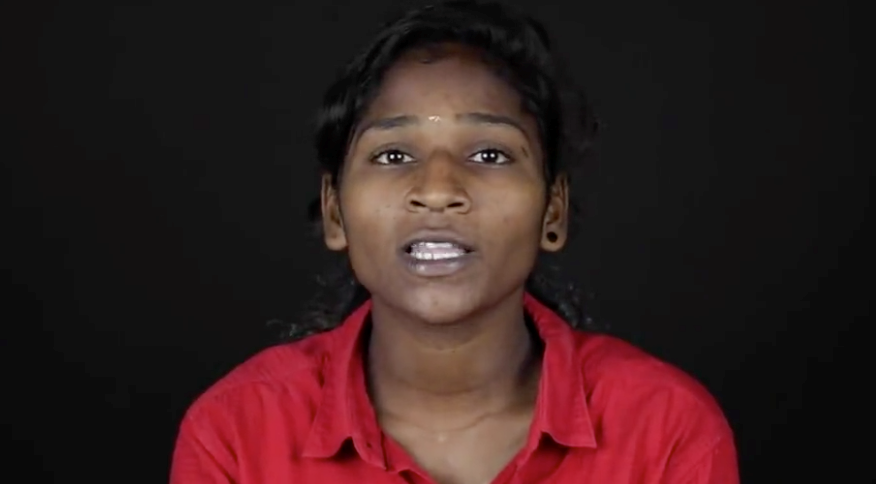
Made in Madras is the story of an 18-year-old soccer player, Sangeetha, who lives on the streets of Madras (aka Chennai).
MY HERO Calendars for use in the Classroom
Students can share their Hero Essays, Films and Art through our Create Program
How to use MY HERO's Create Program to Publish Stories, Art, Film and Audio for Students
Tutorial for students: Publish written stories, film, original artwork and audio in MY HERO's multimedia library.

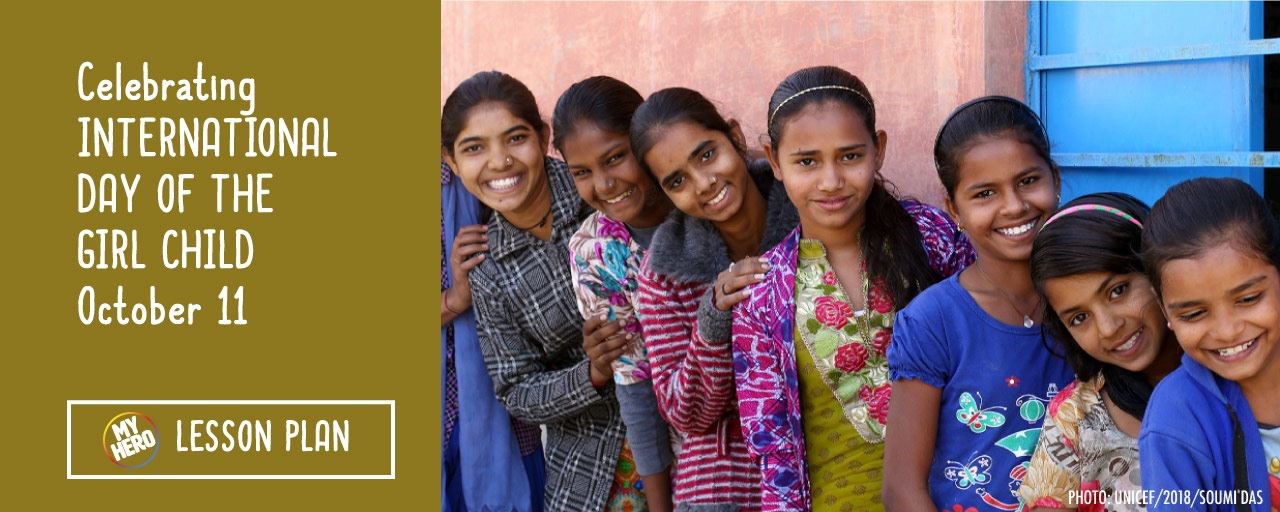
Multimedia Resources and Lesson Plan for Elementary, Middle and High School Students. Includes discussion guide and learning outcomes.
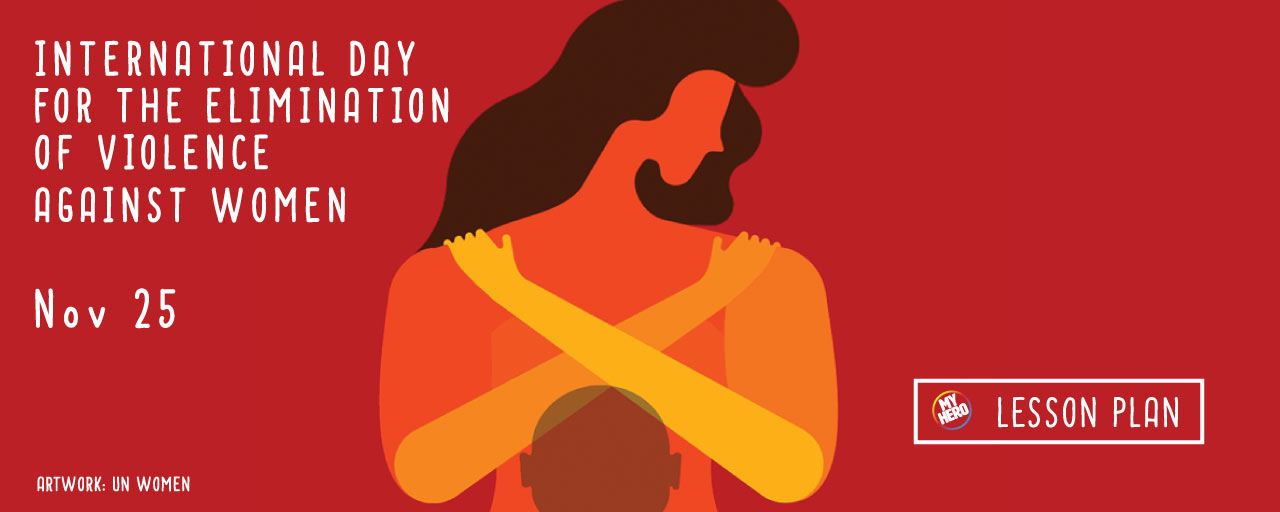
Share the importance of the International Day for the Elimination of Violence Against Women
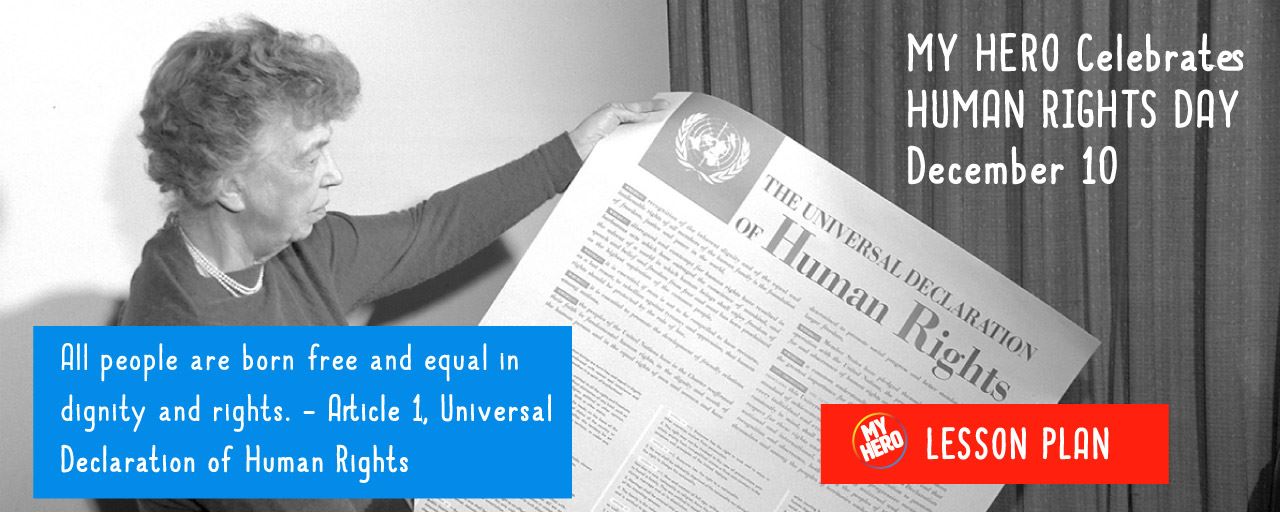
The United Nations General Assembly adopted the Universal Declaration of Human Rights on December 10, 1948.
Organizer created on 1/23/2020 11:09:22 AM by Laura Nietzer
Last edited 12/17/2024 1:14:01 PM by Laura Nietzer